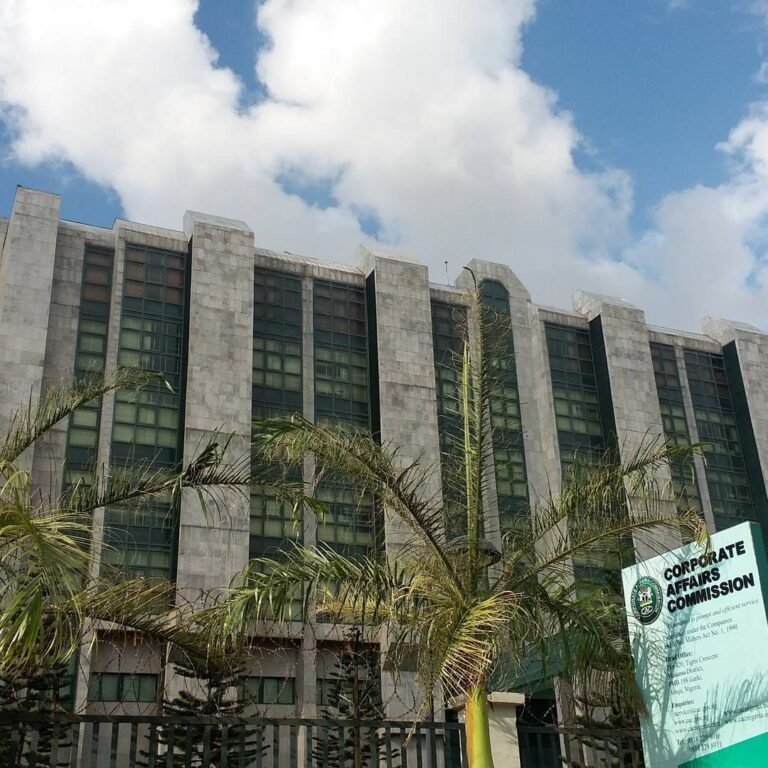In Nigeria’s Niger Delta region, Rivers state is in the grip of a deepening crisis fuelled by a power struggle between Governor Siminalayi Fubara and his predecessor, Nyesom Wike, now Minister of the Federal Capital Territory. What began as political maneuvering has escalated into an unprecedented federal intervention that many legal experts and activists see as an assault on Nigeria’s constitutional democracy.
On March 15, President Bola Tinubu declared a state of emergency in Rivers state, citing political instability and security threats. In an extraordinary move, he suspended Governor Fubara, his deputy, Ngozi Odu, and the entire Rivers State House of Assembly. He then appointed retired military officer Vice Admiral Ibok-Ete Ekwe Ibas as the state’s sole administrator for the six-month emergency period.
While the president justified his actions as necessary to prevent further deterioration of law and order, critics argue that the intervention constitutes an abuse of power, setting a dangerous precedent for Nigeria’s democracy.
At the heart of the controversy is the legality of Tinubu’s intervention. Section 305 of the 1999 Constitution grants the president the authority to declare a state of emergency in cases of war, widespread instability, or a breakdown of public order. However, legal scholars argue that this provision does not empower the president to suspend elected officials.
Femi Falana, a Senior Advocate of Nigeria (SAN), was among the first to condemn the move. “The extraordinary measures which may be adopted by the president to restore peace and security do not include the suspension of an elected governor, an elected deputy governor, or the dissolution of other democratic structures,” he said.
Human rights lawyer Tope Temokun described the move as “a hasty, cowardly attempt to hijack the state apparatus by proxy and stage a win by default for the president’s minister, Nyesom Wike”.
However, it is not the first time Nigeria has witnessed federal intervention in state affairs under the guise of emergency rule. In 2004, then-President Olusegun Obasanjo declared emergency rule in Plateau state, removing Governor Joshua Dariye and appointing a retired general in his place. At the time, Tinubu, then the Governor of Lagos state, vehemently opposed the action, calling it unconstitutional.
Many observers argue the crisis in Rivers has less to do with governance and more to do with Wike’s desire to maintain control over the state. Wike was instrumental in Fubara’s election but quickly turned against him when the governor began asserting his independence.
In 2023, the state assembly—dominated by Wike’s loyalists—attempted to impeach Fubara. The impeachment effort was thwarted after an explosion disrupted proceedings. Shortly afterwards, the Rivers state House of Assembly complex mysteriously caught fire. The government later demolished the building, further escalating tensions. When lawmakers boycotted Fubara’s budget presentation, the governor proceeded with just four assembly members present. The Supreme Court later declared the 2024 appropriation law illegal.
It was against this backdrop that Tinubu’s emergency declaration came into effect.
However, political analysts believe President Tinubu is fighting in favour of his minister as the Rivers state issue is a political misunderstanding between a godfather and a godson.
Jide Ojo, a political writer, remarked “the president was one-sided when he failed to openly or privately reprimand or caution the FCT minister for his unguarded incendiary rhetoric on Governor Fubara and his Ijaw ethnic group. While it is true that Section 305 vests the president with the power to declare a state of emergency, it is expected that extra measures will be deployed to maintain law and order.”
Not everyone sees Tinubu’s move as an overreach. Supporters argue that the crisis had reached a point where federal intervention was necessary.
“The president came out boldly to say the situation cannot continue. We all have a duty, collectively and individually, to ensure we give maximum respect to the judgment of the Supreme Court and to ensure peace and security in every part of the country,” said Lateef Fagbemi, the Attorney General of the Federation.













